Hello book lovers, readers, and even writers alike. Australian literature has been pumping out some absolute thumpers… world beaters in fact, for more than a century now. And with that said, it might be time for you to give the following 10 must read Australian books from 2025 a look.
If not, you’re missing out on some absolute ripper reads, and every single book on this list deserves a spot on any Australian bookshelf.
That said, I’ve gone and handpicked 10 must read Australian books for 2025.
These splendid tomes not only showcase our country’s best yarn-spinning talent. But they’ve also gone on to become award-winning classics. In their own rights. And transformed, over time into modern gems that have punched well above their weight class in the literary world.
Further to that, these books capture what makes the Australian experience so unique while tackling universal themes that’ll truly nail the essence of this country, and the people who make it special.
Cloudstreet by Tim Winton: Australia’s Most Beloved Novel
Tim Winton’s masterpiece stands for more than just the beating heart of Australian literature.
Following two working-class families. The Lambs and Pickles who share a massive house in Perth from the 1940s through to the ’60s. This novel digs deep into our national quest for belonging.
And what makes this book so special is how Winton challenges the classic Aussie myths: The battler. The ANZAC hero. Rural identities, and Australia as the lucky country[m1] .
His writing shifts between poetic descriptions to the fair dinkum Aussie slang. Thus creating something that’s become more than just your average novel. Or, as Alex Miller put it, it’s Australia’s most popular novel that’s leapt the fence to become part of the nation’s bloodstream.
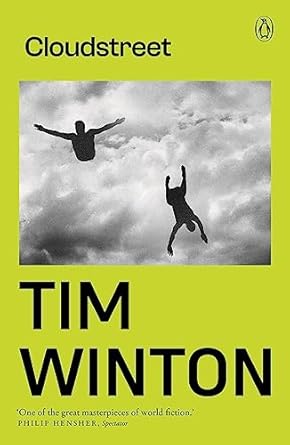
The Secret River by Kate Grenville: Confronting Australia’s Colonial Past
Kate Grenville’s unflinching look at our colonial past follows William Thornhill.
William’s a Thames boatman who gets transported to New South Wales, then claims his ‘selection’. Which just happens to be on Aboriginal land, along the Hawkesbury River.
And rest assured, this novel doesn’t sugarcoat a single thing.
Instead it dives straight into the violent clash between European settlers and Indigenous Australians. And it’s here where characters go on to represent different colonial attitudes.
These attitudes trend from extreme violence to idealistic cooperation.
The title itself comes from anthropologist W.E.H. Stanner’s reference to a secret river of blood flowing through Australian history. Thus acknowledging colonisation’s hidden violence.
Therefore, it isn’t any wonder the book sparked multiple heated debates among Australia’s so-called history wars!
True History of the Kelly Gang by Peter Carey: Award-Winning Bush Legend
I bloody loved this book. And growing up among the throngs of kids equally enamoured by the Ned Kelly ideal, Carey’s Booker Prize-winning novel hands us a version of Ned Kelly’s story that was so unique that critics even dubbed it Kellyspeak
It was ungrammatical 19th-century writing with minimal punctuation. And, in fact it mirrors Kelly’s actual Jerilderie Letter. But the novel’s title is a dead giveaway about its fictional nature.
Even Carey himself said, Anyone who says true history is obviously writing a novel… No historian would ever say that. Yet that’s the juxtaposition exposed in Carey’s story. It’s uncannily faithful to the facts of Kelly’s life while weaving in fictional elements that give the bushranger some emotional depth.
That said, it isn’t any wonder it swept up thirteen major awards across different countries—so bloody brilliant!
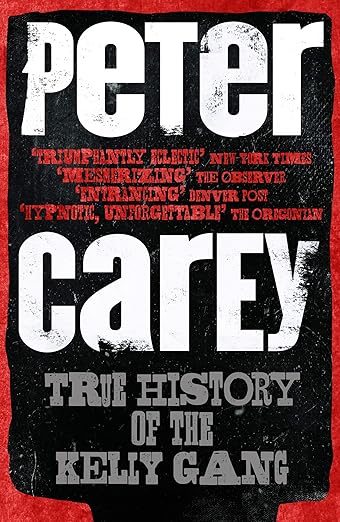
Carpentaria by Alexis Wright: Indigenous Australian Storytelling
Now this one will smack you like a wet trout to the face.
And I mean that, too. Because when Alexis Wright’s epic hit bookshelves in 2006, it changed Australian literature… forever.
So, make no bones about it, this Miles Franklin Award-winner comes from Wright, a Waanyi woman who does more than just bring Aboriginal perspectives of modern Australia to life. But it also delivers readers a fresh portrayal of Indigenous life in the Northern regions of Australia.
Further to my point. Wright’s novel taps into the power of Indigenous oral traditions through three key Lawmen characters who act as keepers of cultural knowledge.
Many critics label it magical realist. But Wright pushes back against this, refusing to let Indigenous beliefs be seen as magic just because they’re different.
The storytelling voice sounds like some good yarn around a campfire. It makes you feel like you’re listening to an elder share some true wisdom!
The Book Thief by Markus Zusak: International Bestseller
Markus Zusak’s haunting bestseller is set in Nazi Germany. But this rip-snorter of a tale has also sold more than 17 million copies worldwide and been translated into 63 languages.
But what exactly makes it stand out?
Is it because Death itself narrates the story… speaking directly to readers with lines like here is a Small Fact… you are going to die.
The story follows nine-year-old Liesel Meminger, whose basement becomes a haven for Max Vandenburg, a Jewish man hiding from the Nazis.
Their connection arrives through books… and stories which create moments of humanity in times of unspeakable cruelty.
Then there is Death’s final line, I am haunted by humans. Perhaps the most endearing line of the entire novel.
My Brilliant Career by Miles Franklin: An Australian Feminist Classic
Miles Franklin was only 19-year-old when she penned this classic in 1901.
Plus, she wrote the better part of it at night… after finishing her farm chores.
The protagonist, Sybylla Melvyn, rails against 19th-century society’s expectations of women, bluntly calling traditional marriage the most horribly tied-down and unfair-to-women existence going.
Franklin championed women’s rights long before anyone decided to label it feminism.
And ultimately, in doing so she created a character who declares: It came home to me as a great blow that it was only men who could take the world by its ears and conquer their fate.
The book earned her a measly £24 despite positive reviews, and she later pulled it from publication because too many people described several similarities to her own life.
But then the 1970s feminist movement rediscovered this forgotten gem, and Gillian Armstrong’s acclaimed 1979 film adaptation cemented its place in our cultural consciousness.
Monkey Grip by Helen Garner: Melbourne’s Counterculture Masterpiece
Helen Garner’s raw debut did more than merely transform Australian literature when it dropped in 1977.
Drawing directly from her personal diaries, it captures the vibrant yet chaotic world of 1970s inner-city Melbourne—a community of free spirits embracing drugs, making films, playing rock music, and championing women’s rights.
But beneath the cultural observations lies something more personal. A single mum Nora’s destructive relationship with Javo, who so happens to be a heroin addict.
Their bond becomes somewhat of an addiction of its own.
And, with Nora struggling with what she calls this crazy habit . One equally as damaging as Javo’s, she considers giving it all away. But ultimately, the story goes on to deliver a dead-honest look at how romantic obsession can become just as consuming as drug dependency.
The Narrow Road to the Deep North by Richard Flanagan: Booker Prize Winner
Richard Flanagan’s Man Booker Prize-winning novel was inspired by his father’s experiences as a POW on the Burma Death Railway.
It centres on Australian surgeon Dorrigo Evans, who fights impossible odds to protect his fellow prisoners, who are being forced to build the railway, which was a dreadful war-time project that killed one in three workers.
Throughout the story, the prisoners’ bodies deteriorate until they become little more than black-shadowed sockets waiting for worms.
Flanagan doesn’t just show the horrors—he explores how some societies normalise atrocities and how goodness and a lack of empathy can become one and the same, pushing ordinary people towards a great evil.
This a story which is as confronting as it is an essential read.
Jasper Jones by Craig Silvey: Coming-of-Age in 1960s Australia
Often called an Australian To Kill a Mockingbird, Craig Silvey’s coming-of-age novel tackles racial prejudice in 1960s rural Australia, and during the Vietnam War era this is a brilliantly written novel.
Set in Corrigan, a town where racism flows deep, and where a half-Aboriginal teenager Jasper Jones becomes the town’s scapegoat.
The Vietnamese Lu family also face similar treatment when locals destroy their garden and attack An Lu.
There’s a brief moment of acceptance when Jeffrey Lu excels on the cricket field, but hours later, a mob bashes his father—showing how fleeting such tolerance can be.
Silvey demonstrates how racism stems from ignorance and how friendship might be our best weapon against it.
The Dictionary of Lost Words by Pip Williams: Modern Australian Bestseller
Pip Williams’ 2020 bestseller shows us the creation of the Oxford English Dictionary from a woman’s perspective. And it’s quickly become one of the most thought-provoking Australian novels in recent years.
The protagonist, Esme, discovers that words women commonly use… words often dismissed as vulgar or simply overlooked… rarely make it into the dictionary.
So she starts collecting these lost words in her treasure chest, gathering expressions from women who worked at Oxford’s Covered Market.
Williams brilliantly shows how language shapes our view of reality, while also noting that the first OED used quotations mostly from books written by blokes.
Therefore, Esme makes it her mission to save these forgotten expressions because she knows they’re just as important as the words of men.
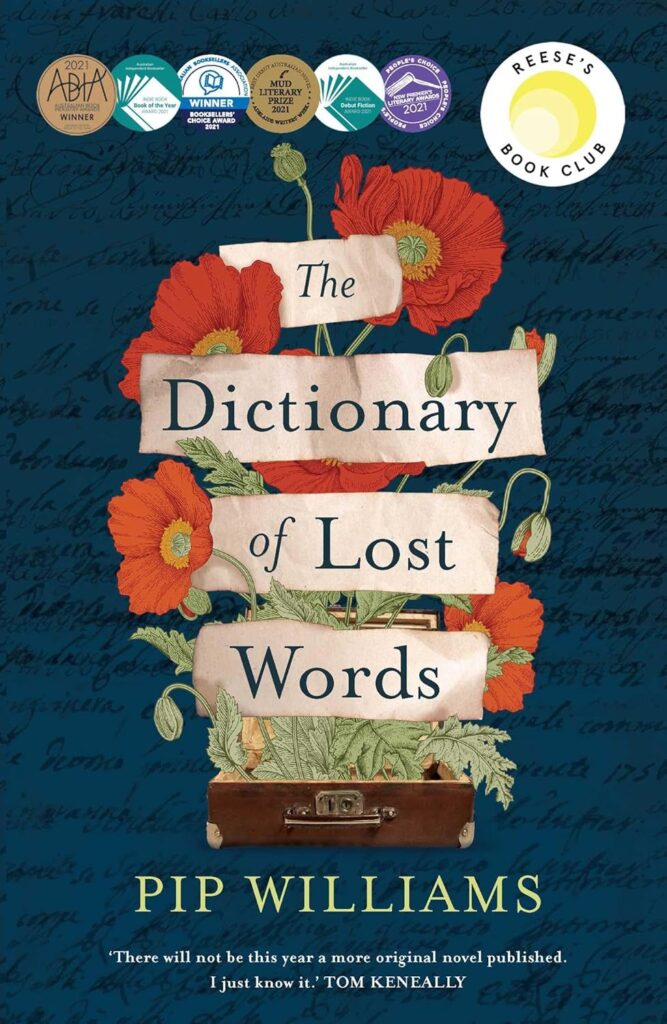
Conclusion: Australian Literature’s Global Impact
Australian literature proves we can spin a yarn with the best of them.
These ten books showcase our nation’s storytelling excellence, from Tim Winton’s deep dive into belonging. To Alexis Wright’s groundbreaking Indigenous perspectives. Then beyond—
These 10 novels reflect Australia’s evolving identity, from over more than a century of writing.
Miles Franklin challenged gender norms when Federation was just kicking off, and while contemporary authors like Hannah Kent show we can confidently write about settings beyond our shores.
Our books have made waves internationally too. Markus Zusak’s: The Book Thief has reached over 17 million readers worldwide, and Richard Flanagan took home the prestigious Man Booker Prize.
Not bad for a bunch of Aussies!
So don’t come the raw one here—grab one of these literary gems before the years out, and maybe even make it a Chrissy present.
And, whether you’re drawn to Kate Grenville’s unflinching look at our colonial past or Helen Garner’s raw portrayal of 1970s counterculture, these books offer unique perspectives that’ll endure many more years of literary greatness.
[if you’re interested in reading some of my work, then please check out AFGHANI. It’s available at all major online retailers]

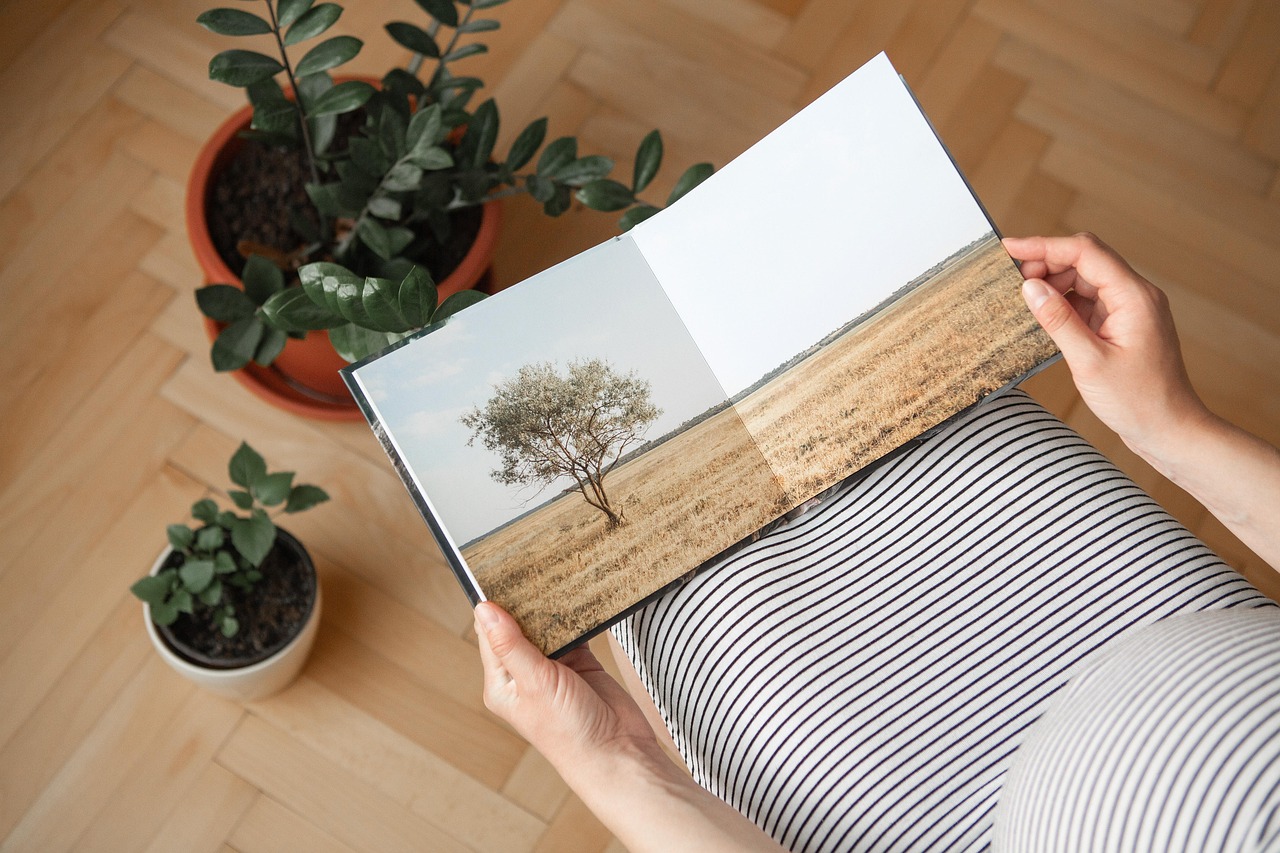
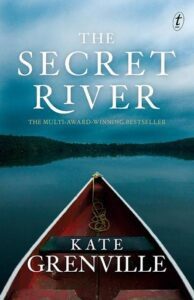
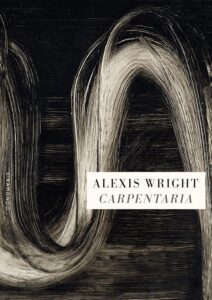
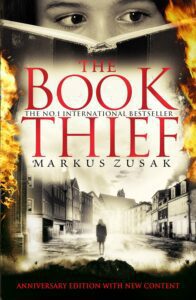
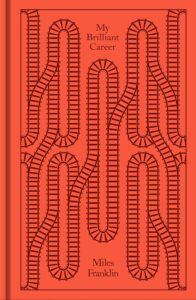
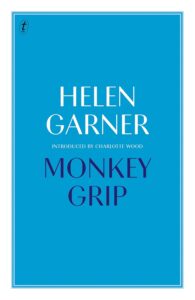
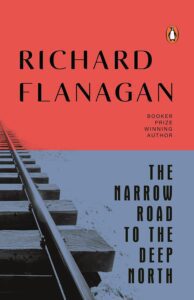
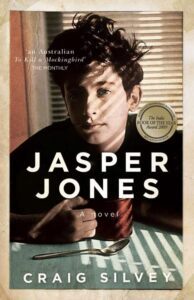
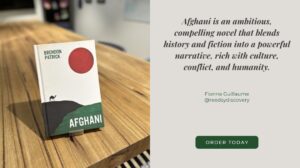

4 responses to “10 Must Read Australian Books 2025”
Where’s David Malouf?
Good question. And as a Brisbanite, Johnno is my favourite Australian novel. So, my plan is to craft a stand alone article for that particular story
Breath…by Tim Winston
All the birds singing
I loved Breath, and it’s a book which deeply resonated with me; however, Cloudstreet is just one of those books that has undeniably earned its place in the Australian literary canon!